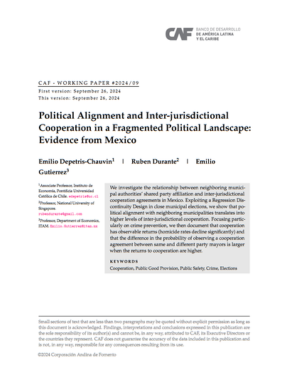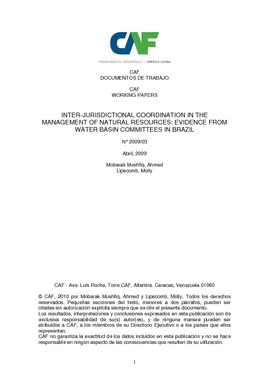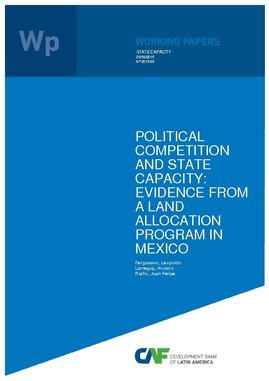Political Alignment and Inter-jurisdictional Cooperation in a Fragmented Political Landscape: Evidence from Mexico
Resumo
We investigate the relationship between neighboring municipal authorities’ shared party affiliation and inter-jurisdictional cooperation agreements in Mexico. Exploiting a Regression Discontinuity Design in close municipal elections, we show that political alignment with neighboring municipalities translates into higher levels of inter-jurisdictional cooperation. Focusing particularly on crime prevention, we then document that cooperation has observable returns (homicide rates decline significantly) and that the difference in the probability of observing a cooperation agreement between same and different party mayors is larger when the returns to cooperation are higher.
Assunto
País / Región
Data
2024-09-26Cite esta publicação
Item que pertence à coleção

Autor
Depetris-Chauvin, EmilioDurante, Ruben
Gutierrez, Emilio
Items Relacionados
Inter-jurisdictional coordination in the management of natural resources: evidence from water basin committees in Brazil
Decentralized management of public goods creates the potential for spillovers across jurisdictions. These spillovers may be particularly large in the ...
Political constraints and state capacity: Evidence from a land allocation program in Mexico
In this paper we contribute to the understanding of the politics of state building. We emphasize that incumbent clientelistic parties might have incentives ...
Government transparency and political clientelism: Evidence from randomized anti-corruption audits in Brazil
Political clientelism is considered a fundamental reason why politicians are not accountable and responsive to their constituencies. In this working ...




